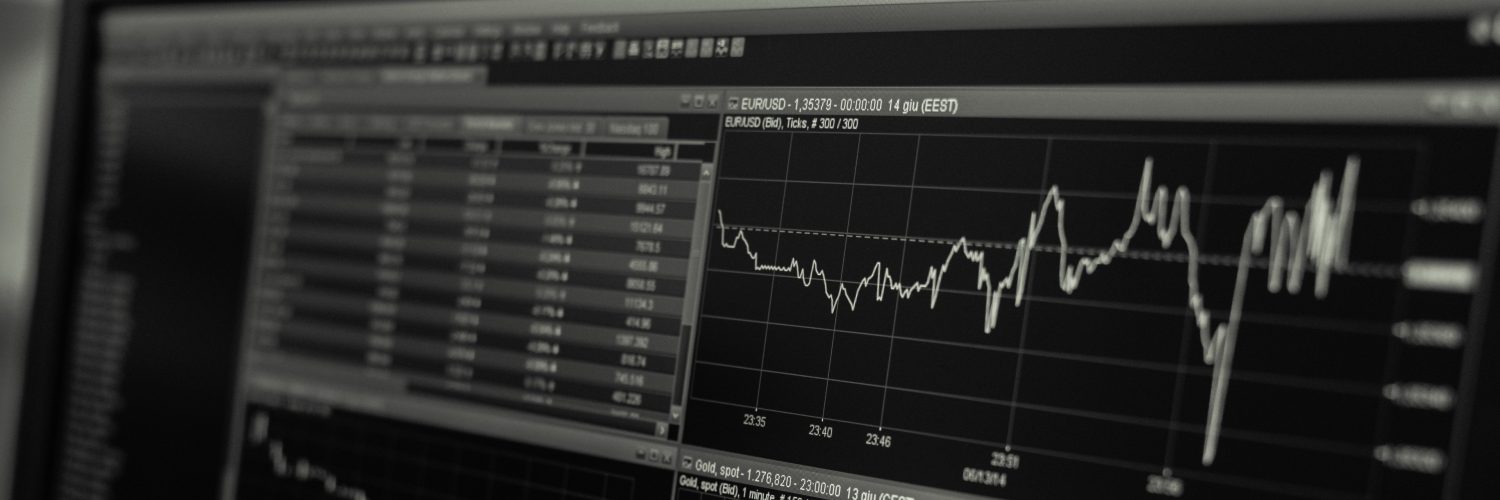As the nation faces the spreading coronavirus, the cost of the disruptions to the GDP was estimated at $17 billion as of Friday, Moody’s Analytics Chief Economist Mark Zandi told national news outlets.
Aggressive testing and tracking of the new virus are proving successful in places like China and South Korea.
Will the U.S. be able to follow suit? If so, the nation can prevent more tragic deaths and preserve jobs and businesses, local and national economists and scholars said.
“In the initial stages everybody was slow on this, including China,” said Doug Guthrie, director of China Initiatives for Arizona State University’s Thunderbird School of Global Management. “China missed it for about three weeks and there was some suppression of information. Despite the missteps in the early stages, the government has been unbelievably adept in the last four weeks reponding to this. If you just look at the numbers as they’ve peaked and gone back down it’s a really, really powerful story about how effective the government has been in dealing with these issues.”
Key is early detection testing, public education
China has moved aggressively to test anyone who has had contact with an infected person, including tracking cell phones to measure patients’ every movement for days in order to test anyone they have had contact with, said Guthrie, who spent 2014-2019 as a senior director at Apple in Shanghai.
In South Korea, even before any cases had surfaced, biotech researchers were creating test kits to identify the disease. The country made testing quickly accessible to anyone referred by a doctor. To date, 230,000 people have been tested, according to news reports.
U.S. catching up
After faltering in getting tests to the states, the U.S. is ramping up its efforts.
On Friday, President Trump called a national emergency, announcing access to $50 billion in funds to help states and territories fight COVID-19. Included in the emergency are measures to help sick workers and the ability to waive restrictions on areas like telemedicine to ensure quick reaction.
But it’s unlikely the nation will be able to remove the threat as quickly as an authoritarian society like China that can use a “data intrusive model” to track the virus, Guthrie said.
“Yes, this is a black swan,” he said. “This is a very serious event for the entire world but the way to get through it is to focus on containment and control. And then getting the economy healthy again.”
Arizona’s head start
Arizona’s economy may be better equipped to handle the health crisis, local economists said.
As one of the first states to have a confirmed patient, it gained quick access to test kits and launched a widespread information campaign.
On March 11, 2020, Governor Ducey issued a Declaration of Emergency and an Executive Order to provide health officials and administrators with tools and guidance and to reduce financial burdens on Arizonans by lowering healthcare costs associated with the virus.
The state is receiving over $12.5 million from the Centers for Disease Control (CDC) and the federal and state government for COVID-19 response.
So far, the state has not had any Covid-19-related deaths. The risk of spread remains “minimal,” according to the Arizona Department of Health Services (DHS), but Gov. Doug Ducey and State Superintendent of Public Instruction Kathy Hoffman on Sunday announced a statewide school closure to last until March 27.
As of Sunday, 12 people had been confirmed with or presumed to have the virus. A total 183 people had been tested. Of those, 121 were ruled out. Fifty cases are pending.
Long-term economic damage uncertain
Many sectors will suffer short term damage, but the long-term consequences are still unknown. The virus is now considered a pandemic worldwide.
Forecasts for recession are gaining as the virus shuts down the world.
Worldwide, many sectors are being hard hit. Entertainment, restaurants, tourism, hotels and airlines among them.
In Phoenix, the short-term impact is significant as events are canceled, schools shut down, universities hold classes online, and people stop going out, said Robert Grosse, professor of Global Management for the Thunderbird school.
“This is an enormous change to lifestyles, and a significant loss of income to people whose business has been reduced or lost, or who cannot work from home,” Grosse said.
Some recovery could come by summer
If businesses can hang on, they should start to see some recovery if the virus diminishes as summer arrives, though some lingering weakness may exist for a while longer in the hardest hit sectors, Grosse said.
“One bit of good news is that people in China, where the problem started, have been recovering from the coronavirus, and global supply chains that include production of products like clothes, iPhones, other electronics, etc. in China are getting back into operation as well.”
Arizona’s economic might should sustain it
Economist Jim Rounds, president of Rounds Consulting in Tempe, said Arizona is in a better position to survive a downturn than it was during the 2008 recession.
“We may indeed enter a recession, but it won’t be based on a broken economy, it will be based on an external influence: the virus,” Rounds said. “Thus, we simply moved up the timing of the recession that was predicted within a couple of years to today.
“This all means the next fiscal year (FY21) at the state will display large declines in revenues but fiscal year 2022 will jump significantly. Quality fiscal management is our best economic development asset right now.”
While it’s too soon to predict how severe the next economic recession could be, Arizona can expect to continue outperforming the nation, Rounds said.
Consumer spending and confidence needed
As the coronavirus causes disruptions, even if temporary, there is a real risk people’s jobs and businesses of all sizes will suffer, the U.S. Chamber of Commerce said.
It is calling on national leaders to continue to take steps to provide assistance and relief to businesses and workers including:
- Provide immediate unemployment benefits for those who are displaced from their jobs and lack income to make ends meet
- Support a tax credit to help businesses continue to pay people even if they can’t be on the job due to quarantines, closings, or limited operations
- Call for low- to no-interest business loans to cover lost revenue as a result of the outbreak
Resources for businesses, citizens to stop the virus
National and local organizations and public health officials are providing information and guides for individuals and industry to reduce the spread of the virus.
Updates and advice are available in many forms including on the CDC and the Arizona Department of Health Services and Arizona Chamber websites.
For the business community specifically, the CDC has issued guidelines for employees to prevent the spread at: guide for employers.
What to do if you think you should be tested for COVID-19
Call your healthcare professional if you feel sick with a fever, cough, or difficulty breathing, and have been in close contact with a person known to have COVID-19, or if you live in or have recently traveled from an area with ongoing spread of COVID-19. Your healthcare provider will work with the local health department and ADHS to determine if you need to be tested for COVID-19.For more answers to frequently asked questions and information about the COVID-19 response in Arizona, go online to azhealth.gov/COVID19.
















Add comment